-
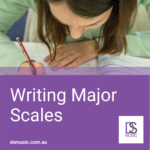
Intervals, Analysis and Access — Music Is Transformative
Check out some resources and content you might have missed around the DSMusic space recently. Resource Round-Up Seeking some Analysis Aid? Get yourself a step-by-step look at expressive outcome (feeling, character or mood), the elements of music (including the expressive ones!) and how all of this contributes to interpretation in performance. Plus, build your analysis […]
-
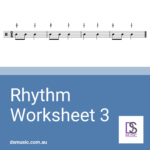
Canons, Creativity & Communities
Check out a few DSMusic free resources and a discover a round-up of our favourite finds this month.
-

Beethoven & Bingo
Check out a few DSMusic free resources and a discover a round-up of our favourite finds this month.
-
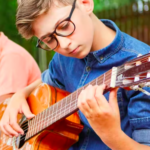
Practice, Performance Anxiety & Lifting Literacy
Plus dynamics, quaver rests, quotes and more – check out a few DSMusic free resources and a discover a round-up of our favourite finds this month.
-
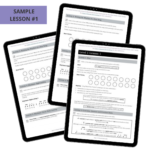
Melody, Models & a bit of Bill Bailey
Tackle tonality with Bill Bailey, check out a few DSMusic free resources and a discover a round-up of our favourite finds this month.
-

Major Scales, NAPLAN & Elgar
Check out some Level 1 Major Scale writing content, a few DSMusic videos and a round-up of our favourite finds this month.
-

Never miss out on DSMusic Updates!
News Feed Preferences on Facebook How to make sure you never miss out on any DS Music updates! I love what I do! Creating resources and content built upon sequential and rigorous music literacy and then, getting to share it with all of you. Sometimes I will churn out a bunch of exciting worksheets, videos […]
-
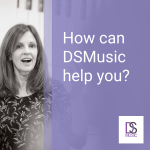
DSMusic – Remote Learning for All!
Are you looking for material that is ready-made for remote-learning? Do you need some stuff to stash away to leave as extras or send off to students who are home sick from school? Perhaps what you’re after is some go-to revision, extension or support material for students across their learning pathway? For all of you […]
-

Universal Music Education
Universal Music Education Welcome to 2020 and our first post for the year. This article has been kindly shared by Walter Bitner: a multi-instrumentalist, singer, conductor, and teacher, and serves as Director of Education & Community Engagement for the Richmond Symphony in Richmond, Virginia, USA. He writes about music and education on his website Off The Podium at walterbitner.com, and his […]
-
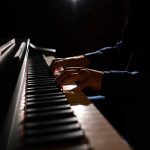
An Informed Performance
An Informed Performance Lies in the Historical Context of a Musical Composition Welcome to our third guest post, kindly written and shared by Drew Schweppe. Drew (IES Abroad Vienna, Fall 2010 | Ithaca College), is the Founder and Managing Director of Informusic, the first all-in-one music history resource for smart phones and tablets. Thanks so much Drew! A […]
-

Clever Echo???
Clever Echo in the Secondary School Music Classroom The Oxford English dictionary gives the definition of the word echo as “a sound or sounds caused by the reflection of sound waves from a surface back to the listener”. [1] In the classroom, echoing is an activity in which something is performed firstly by the teacher […]
-
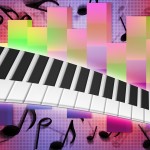
Lean Forward!
Just a quick post from me today (am in the middle of writing the 2nd Edition of the Level 3 books, CDs etc ready for 2017!) I came across this action song when my daughter sang it ALL the way home in the car (it’s an hour drive!!!) I can’t find the source of the […]
-

Practicing Transcriptions
It’s not as easy as you think! When we do transcriptions with our students in class that is exactly what we are practicing – the process of TRANSCRIPTION! Yes of course we do have to learn and practice that process but it is learning and practicing the content of the transcriptions that will actually help […]
-
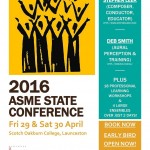
My Tasmanian Adventure
A couple of weeks ago I was one of the key note presenters at the ASME (Tasmanian branch or “TASME” as it’s affectionately known) conference, held at Scotch College Oakburn in Launceston. Having never been a key note speaker before and having never visited Launceston either I was VERY excited (and just a tad nervous). […]
-

Tone Ladders (What are they & how do I use them?)
What are Tone Ladders? Tone Ladders are a great way ofvisually representing pitch in anintervallically accurate way –that is so long as the intervalsbetween the notes are representedaccurately on the tone ladder. For example, if a tone ladder looks like this: or this: it is NOT representative of the different intervals between the notes e.g. of […]
-
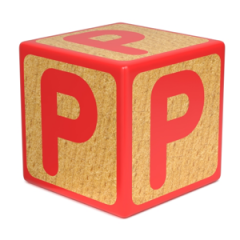
The Three “Ps” (Preparation, Present, Practice) Kodály Fundamentals
What ARE the Three “Ps” One of the first things an aspiring Kodály teacher is taught when embarking upon any Kodály course are the Three Ps – Prepare, Present and Practice. These three things form the basis of the process we use to teach ANY and EVERY element of music. Our belief is that students […]
-
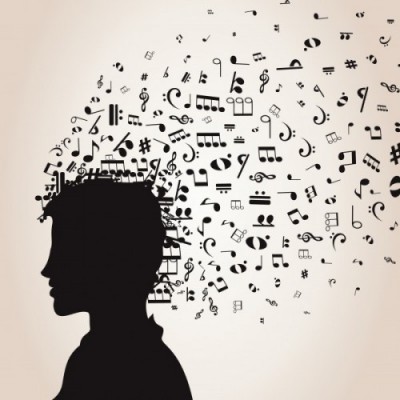
FAVOURITE QUOTES ABOUT MUSIC and MUSIC EDUCATION
Often, when asked to speak at various conferences or workshops on a particular topic, I like to find a quote that reinforces what I am talking about. Over the years I have put together quite a list which I thought I would share with you. Of course there are many more great quotes out […]
-
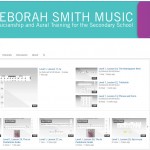
What is DSMusic?
Deborah Smith has taught music in many classrooms, ran Music Departments in schools and now helps students and educators to keep making wonderful music through DSMusic. She is active in the Kodály space – lecturing, advocating and creating content that supports this comprehensive music literacy approach. DSMusic is built from understanding the realities of the classroom […]
-

It’s no big deal – Improvising & Composing in the Everyday Music Lesson
Improvising and Composing are NOT Scary! As a teacher I often avoid the things that I think I am not good at e.g. improvising and composing. Of course I CAN improvise and compose but I am not comfortable improvising and composing. Does this mean I shouldn’t teach my students how to improvise and compose? Of course not! […]
-
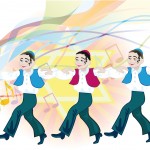
Movement Activities for Older Students
I frequently teach older students (17 and 18 year olds) for long periods of time at a stretch. I want to break up these sessions with activities to keep their concentration levels up, but don’t want to let them take a real break as they tend to take twice as long as I allow (“I […]
-
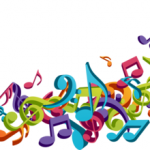
Musical Games and Movement Activities for Instrumental Groups
“We should see the child as the musician and the instrument as the expression of the inner musician”. The use of musical games and movement activities in instrumental programs of any kind enhances our students’ enjoyment of music. It also fosters a positive attitude within the classroom. It can be an introduction to singing for […]
-

do re mi songs that are NOT Hot Cross Buns
Tired of the same old do re mi songs? Me too. So here are four you may not know for your song collection. Girl with clock and pirate images courtesy of photostock Bored teacher image courtesy of saphatthachat Flea image courtesy of debspoons All available at FreeDigitalPhotos.net
-
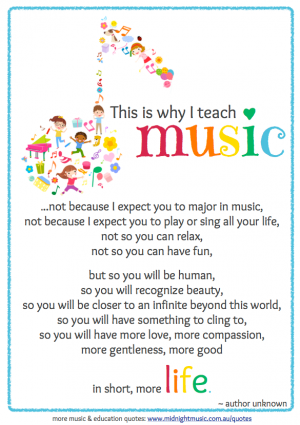
Why Teach Music?
We are being bombarded by articles in the press, on the internet and everywhere in between, about why music is such a valuable subject to teach our children. There are reasons both musical and non musical for including music as a core subject in our very crowded curriculum. Plato said “I would teach children music, […]
-
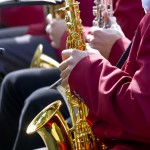
How to Extend Your Most Musical Students
Something I love about teaching music literacy, musicianship, aural and theory using the Kodály method is how easy it is to create extension ideas and activities suitable for the HUGE range of student abilities within our classes. As any music teacher who has taught the first year of high school will know, our student’s abilities […]
-
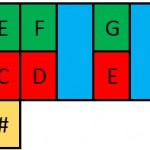
Teaching Key Signatures by Jeremy Howard
Sound before symbol! Welcome to our very first guest post, kindly written and shared by Jeremy Howard. Jeremy is a Kodály teacher in Kentucky, USA. You can follow Jeremy’s fantastic Kentucky Kodály Classroom blog here.Thanks so much Jeremy! Teaching key signatures can be difficult since there is no associative “sound”. How does one then teach key […]

